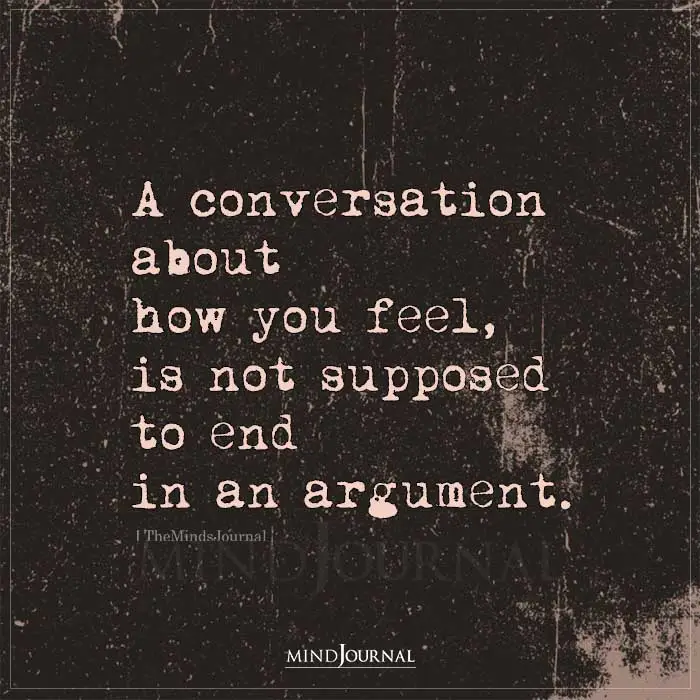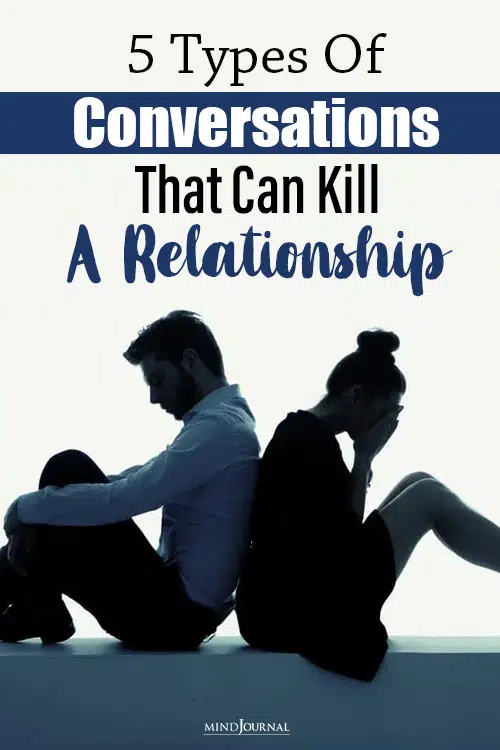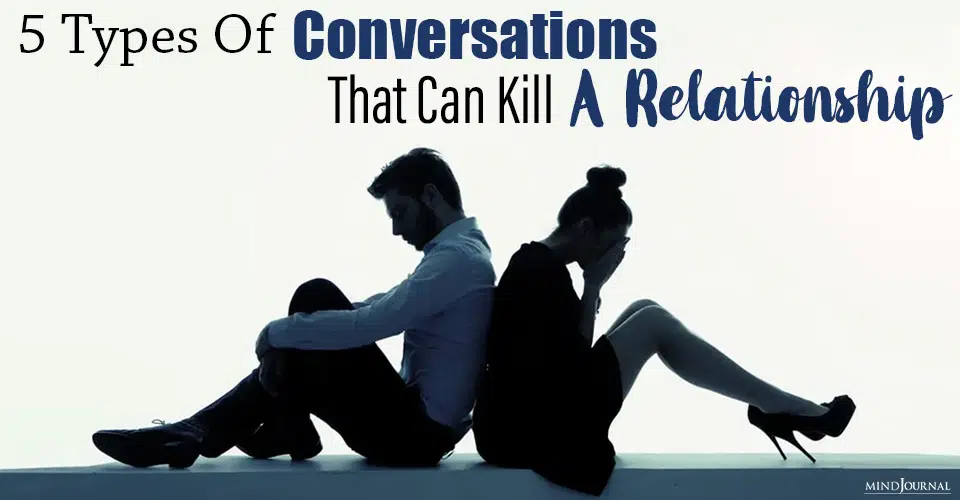The best relationships feel safe. Though many people claim the comfort of being with someone in silence as a true sign of a strong relationship, how you converse when you finally speak can make or break the connection. Speaking and showing you care are inseparable.
When you are angry or annoyed by others, your emotions may come out sideways in your conversations. When you don’t know how to talk about how you feel, you use your words and gestures to wound them. The sting could cause permanent harm to your relationship.
Conversational Weapons
Ursula K. Le Guin said, “Words are events; they do things, change things.”1 In moments of pain or anger, words can wound others and damage relationships.
We have all used the weapons described below in our lives, as children and adults. These events not only affected the connection at the moment; you might still experience the impact today. As you read the list, try to remember what triggered these behaviors in you. Be honest with yourself. Then seek to catch your reactions in the future to strengthen instead of scar your relationships.
1. Punish someone with insults if they hurt, irritate, or disappoint you.
2. Use the excuse of being authentic and speaking your truth to criticize someone.
3. Shut down or angrily respond when they get defensive.
4. Roll your eyes, look away, smirk, laugh when they are serious, and interrupt before they complete an idea.
5. Rehearse in your mind what you are going to say while they speak, then beat them to death by explaining why you are right and they are wrong.
Related: 11 Conversation Killers To Avoid At All Costs
Be careful of your spontaneous expressions that serve as counterattacks meant to demean the person’s behavior. You can share if something they did offended you so they know the impact of their words or actions. Then give them space to digest what you share. No one likes to feel bad or wrong; they may need some time to think before they accept your disclosure.
When you use a respectful tone and accept what they say as their truth right now, people feel psychologically safe with you. They know that no matter what they say, they won’t feel shamed, hurt, or embarrassed by your reactions. They know you won’t retaliate against them in the future for what they say today. Psychological safety maintains trust and harmony, strengthening your connections over time.
Here Are Five Guidelines For Maintaining Healthy Relationships When You Have Conversations:
1. Remember how much you care for someone before letting words leave your lips. Seek to understand the intention of their behavior before you judge it as bad or insensitive.
2. Make sure your words are congruent with your body language. Your facial expressions and posture have more impact than the careful words you choose.
3. After you speak, listen with an open mind and heart. When you close yourself off from others, you disconnect from them.
4. When your body tightens up, pause and breathe. Relax before you share how their words or actions made you feel.
5. Temper your honesty with tact. If you need to share how their behavior felt hurtful, tell your truth with care. Be kind, not cruel.
Receive the explanations of their intentions. You can always ask them to accept the impact they had on you regardless of intent in an effort to improve the remaining or next conversation.

Manage Your Energy
Your ability to be thoughtful and manage your reactions is hurt by sleep deprivation, poor nutrition, noise pollution, excessive conflict, lack of money, and a shortage of friends. If you don’t take care of yourself, you will have a difficult time being careful with others.
Also, be careful of taking on other people’s emotions when they are reactive in conversations. Negative emotions are sticky.2 If you embody the emotions you pick up from someone, you will live with their suffering. You may find yourself feeling angry, depressed, and resentful even when you started the conversation with care. If you instead, notice how they feel, and compassionately release the emotions in your body so you can hold the space for them to safely express themselves, you can better help them find solutions to their dilemmas.3
Related: 5 Dysfunctional Conversation Types When Delivering Bad News
Every conversation has the possibility of creating mutual understanding and feelings of being cared about. There is also the possibility of being misunderstood and hurt. Even with the best intentions, outcomes are unpredictable. Take care with your conversations. We, humans, are social animals—we survive through connection. Hopefully, you will have many times where your speaking and listening evokes personal and relational transformation.
References:
1. Ursula K. LeGuin. (2004) “Telling is Listening” an essay in The Wave in the Mind: Talks and Essays on the Writer, the Reader, and the Imagination. Shambhala; 1 edition. 2. Klodiana Lanaj and Remy E. Jennings, “The Costs of Being a Caring Manager” HBR blog, January 6, 2020. 3. Marcia Reynolds, “Can You Have Too Much Empathy?” Psychology Today blog, April 15, 2017.
See more tips on having effective conversations at www.Covisioning.com
Written By Marcia Reynolds Originally Appeared On PsychologyToday









Leave a Reply
You must be logged in to post a comment.